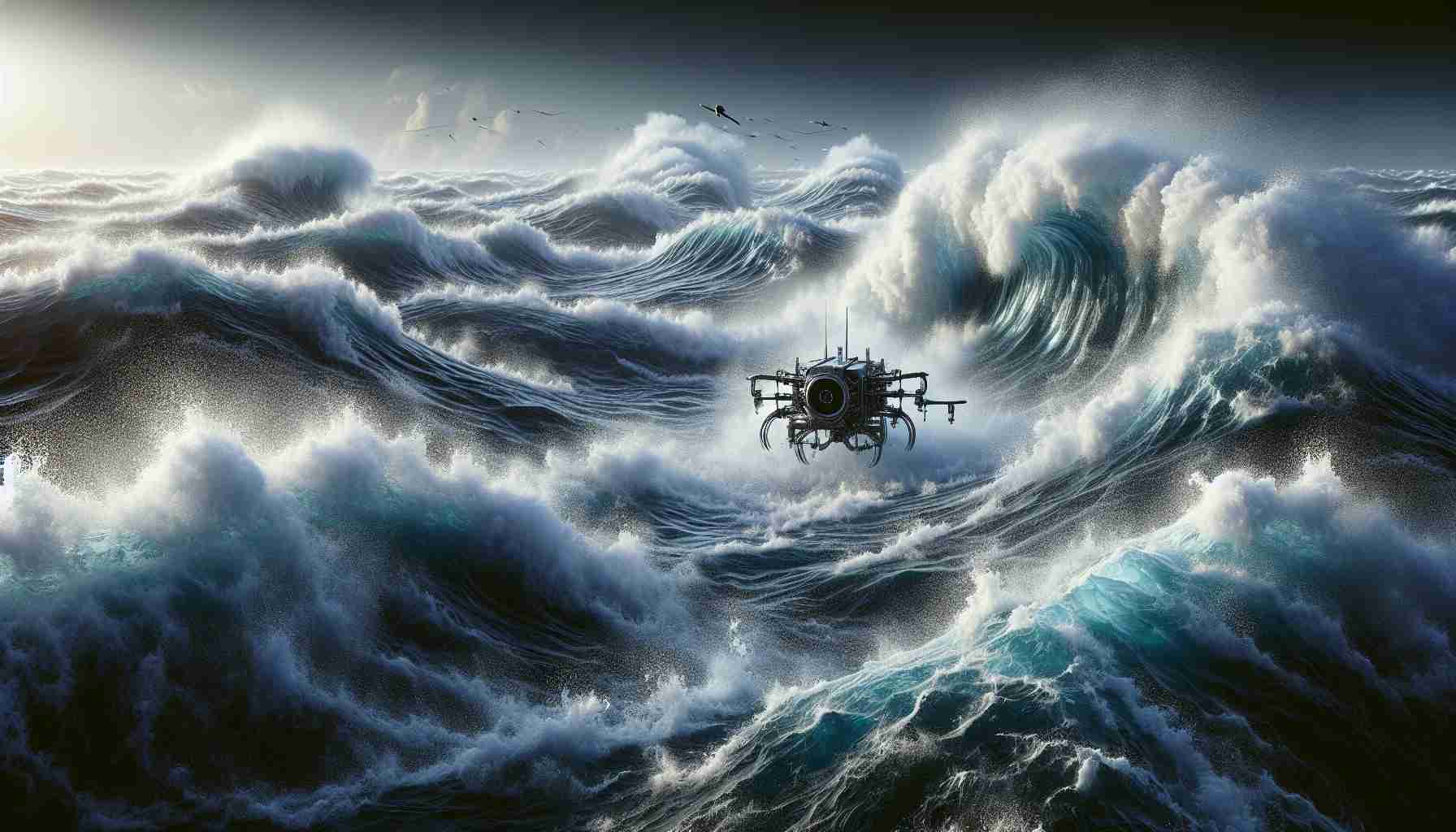Ensuring Security in Troubling Times
The activation of the UK-led Nordic Warden reaction system marks a significant step towards bolstering maritime security in response to potential threats. Following the troubling incident involving the Estlink2 undersea cable in the Baltic Sea, the Joint Expeditionary Force (JEF) has mobilized this innovative system to oversee and protect vital underwater infrastructure.
This sophisticated system is not only designed to track suspicious vessels, including the Russian shadow fleet, but also employs advanced artificial intelligence to assess risks in real-time. By consolidating vast surveillance powers into a smaller operational footprint, it enables efficient monitoring across multiple regions, from the North Atlantic to the Baltic Sea.
With strategic coordination from the Northwood Headquarters, the JEF comprises naval ships, military aircraft, and ground troops dedicated to safeguarding these crucial areas. In recognition of emerging threats, the Defence Secretary emphasized the importance of combining cutting-edge technology with international cooperation, asserting a commitment to protecting undersea systems against any attempts of sabotage or negligence.
Prime Minister Sir Keir Starmer highlighted the government’s dedication to prioritizing national security and fostering growth, effectively illustrating how such advancements in maritime security align with broader national interests. As the situation evolves, the Nordic Warden system stands ready to respond to unexpected challenges beneath the waves.
Maritime Security Innovations: The Future of Undersea Protection
Enhancing Maritime Security with Nordic Warden
The launch of the UK-led Nordic Warden reaction system represents a pivotal enhancement in maritime security, aimed at safeguarding vital underwater infrastructure against increasing threats. In light of significant risks highlighted by recent incidents—most notably the disruption to the Estlink2 undersea cable in the Baltic Sea—the Joint Expeditionary Force (JEF) is stepping up its efforts to ensure the security of maritime channels.
How Nordic Warden Works
The Nordic Warden system employs advanced technologies, including artificial intelligence (AI) and machine learning, to monitor potentially suspicious activities in real-time. This proactive approach allows for the swift identification of threats, particularly from hostile vessels such as the alleged Russian shadow fleet. By employing a network of surveillance tools, this system is designed to operate efficiently across a broad area, encompassing both the North Atlantic and the Baltic Sea.
Key Features and Specifications
– Real-time Surveillance: Uses AI for immediate threat assessment.
– Multifaceted Coordination: Operates through a coalition of naval ships, aircraft, and ground forces.
– Focus on Underwater Infrastructure: Aims to protect essential undersea cables and pipelines from sabotage.
Pros and Cons of Nordic Warden
Pros:
– Enhanced monitoring of critical infrastructure.
– Quick response capabilities to emerging threats.
– Greater international cooperation among armed forces.
Cons:
– Dependence on technology may lead to vulnerabilities if systems are compromised.
– High operational costs associated with maintaining advanced surveillance systems.
Use Cases
1. Protection of Undersea Cables: The system is integral in safeguarding cables that are vital for global communications and energy transmission.
2. Monitoring Naval Activities: Helps in tracking maritime movements in potentially hostile regions, ensuring early warnings are issued.
Market Analysis and Trends
As geopolitical tensions escalate, there is a growing trend towards investing in maritime security technologies. Nations are increasingly recognizing the importance of securing undersea assets, which play a crucial role in economic stability and national security. This aligns with broader defense strategies focused on deterrence against asymmetric threats.
Security Aspects and Innovations
The Nordic Warden highlights a merger of military and technological innovations designed to bolster national security. Implementing cutting-edge surveillance methodologies ensures a fortified response to sabotage or hostile actions directed at critical infrastructure. Continual updates in AI and data analytics within the platform signify a commitment to evolving defense strategies.
Future Predictions
As maritime security demands rise, we can expect:
– Increased international collaboration on maritime defense systems.
– Advancements in AI-driven surveillance technology that enhances real-time decision-making.
– An expanded scope of operation for units like the JEF to incorporate more extensive global maritime interests.
With the Nordic Warden system in place, the UK and its partners are setting a precedent for robust maritime security in the face of emerging threats.
For additional insights on maritime security and innovations, visit UK Government.
